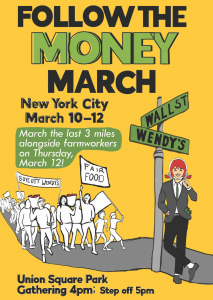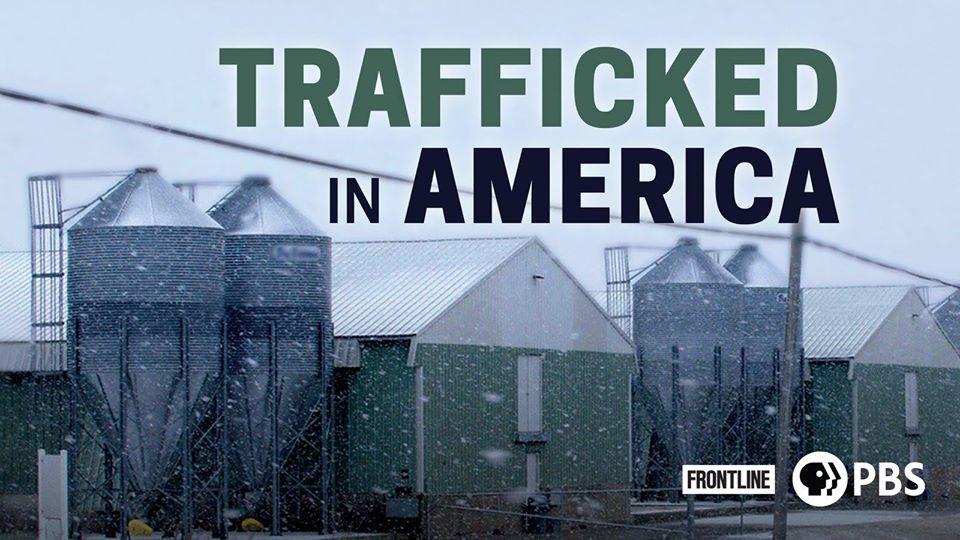IRTF full-time volunteer Quin Galvin participated in a recent Witness for Peace Solidarity Collective to Colombia to learn from social leaders in the movement for environmental justice. This delegation brought about the realization that our work as environmental actors goes beyond the individual-actions approach that dominates our understanding of "how to be environmentally conscious," and how participating in collective work towards environmental justice is the only way towards collective liberation. Traducción en Español aqui también.
- Home
- About Us
- Issues
- Countries
- Rapid Response Network
- Young Adults
- Get Involved
- Calendar
- Donate
- Blog




